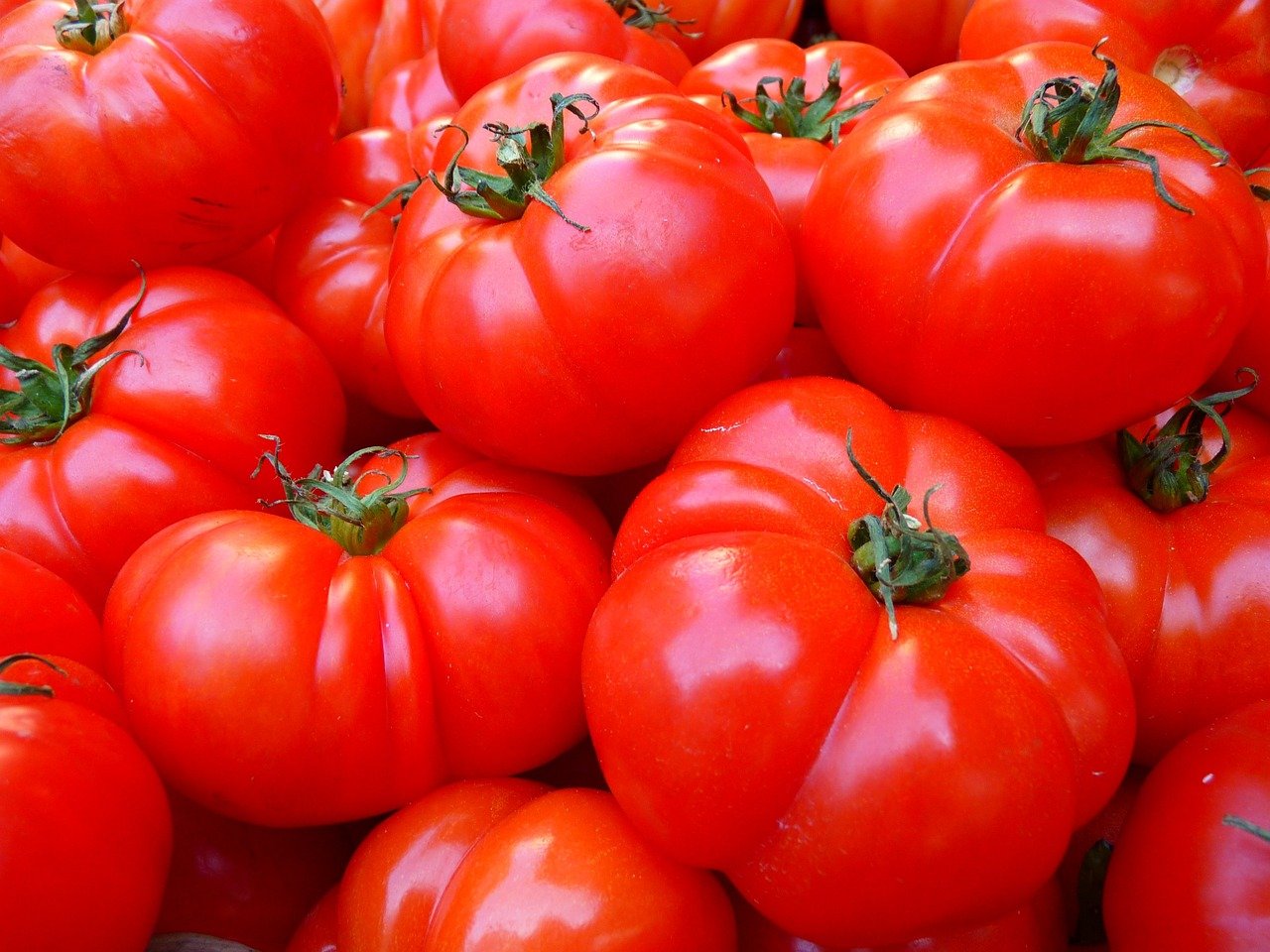“`html
The high-protein diet is gaining popularity as more individuals seek effective ways to manage their weight, enhance their fitness levels, and promote overall well-being. This dietary approach, which emphasizes increasing protein intake while potentially reducing carbohydrates and fats, is not just a trend but a scientifically-backed method that can deliver results. Whether you’re an athlete looking to build muscle, a busy professional aiming to shed pounds, or someone interested in better nutrition, a high-protein diet can be tailored to meet your needs. In this blog post, we will explore the fundamentals of a high-protein diet, its benefits, sources, and practical tips to effectively implement this dietary approach.
What is a High-Protein Diet?
A high-protein diet generally involves consuming a higher percentage of calories from protein compared to typical dietary recommendations. While individual needs can vary, many people on high-protein diets aim for protein to make up around 25-30% of their total caloric intake. This can be achieved through various food sources, including animal products, plant-based options, and protein supplements.
The Science Behind Protein
Protein is comprised of amino acids, which serve as the building blocks of our bodies. They play crucial roles in numerous bodily functions:
- Muscle Growth and Repair: Essential for muscle recovery and synthesizing new muscle tissues.
- Hormonal Regulation: Aids in the production of hormones crucial for metabolism.
- Immune Function: Supports the immune system by producing antibodies.
- Enzymatic Reactions: Vital in catalyzing biochemical reactions in the body.
Benefits of a High-Protein Diet
High-protein diets boast various health and lifestyle benefits. Here’s a closer look at some of the most significant advantages:
- Weight Management: Protein can enhance feelings of fullness, reducing overall caloric intake. Studies show that high-protein meals can help with appetite control.
- Muscle Building: For individuals engaged in resistance training, a higher protein intake is crucial for muscle hypertrophy and repair.
- Enhanced Metabolism: Protein has a higher thermic effect than fats or carbohydrates, meaning the body burns more calories digesting it.
- Stabilized Blood Sugar Levels: It can moderate blood sugar spikes, making it beneficial for individuals with insulin sensitivity.
Sources of Protein
Incorporating various protein sources into your diet can help ensure you meet your goals while also enjoying a diverse range of foods.
Animal-Based Protein Sources
Animal products are generally considered complete proteins, which means they contain all essential amino acids. Examples include:
- Lean meats (chicken, turkey, beef)
- Fish (salmon, tuna)
- Dairy (Greek yogurt, cottage cheese)
- Eggs
Plant-Based Protein Sources
Plant-based options are ideal for vegetarians and vegans. While they may lack one or more essential amino acids, combining different sources can provide a complete protein profile:
- Legumes (lentils, chickpeas, black beans)
- Nuts and seeds (almonds, chia seeds, hemp seeds)
- Whole grains (quinoa, brown rice)
- Tofu and tempeh
How to Implement a High-Protein Diet
Transitioning to a high-protein diet can be straightforward and delicious. Here are practical tips to help you get started:
- Assess Your Protein Needs: Calculate your daily protein intake based on your fitness goals and activity level.
- Plan Your Meals: Incorporate protein-rich foods in each meal and snack. For example, add Greek yogurt with berries for breakfast or a handful of nuts for a snack.
- Consider Protein Supplements: Utilize protein powders or bars as convenient snack options or meal replacements when necessary.
- Stay Balanced: While focusing on protein, ensure you’re still consuming appropriate amounts of fruits, vegetables, and whole grains.
Common Misconceptions About High-Protein Diets
Despite their popularity, high-protein diets are often surrounded by myths. Here are a few clarifications:
- Myth: High Protein is Harmful to Kidneys: For healthy individuals, high-protein diets do not pose a risk to kidney health.
- Myth: You Need to Eat Meat: There are plenty of non-meat protein sources for those following vegetarian or vegan lifestyles.
- Myth: Carbs Must be Completely Averted: A successful high-protein diet does not require eliminating carbohydrates; rather, it focuses on quality and quantity.
Conclusion
A high-protein diet can be an effective strategy for weight management, muscle building, and enhanced overall health. Through careful planning and mindful choices, you can enjoy a wide variety of foods while reaping the benefits that protein has to offer. Whether you choose to embrace animal or plant-based protein sources, the key is to ensure a balanced intake that aligns with your personal health goals. Remember to consult with a healthcare provider or a nutritionist before making any significant dietary changes.
“`






